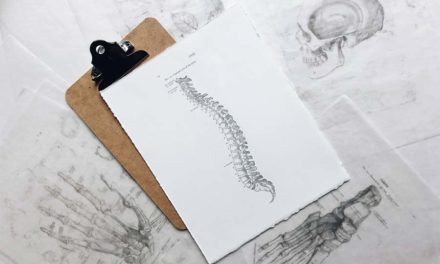Many people often question whether creatine causes hair loss, and this curiosity is often linked to a 2009 study. In this study, college-aged rugby players were given creatine daily for a period of 3 weeks. The study found that creatine had a significant effect on DHT (Dihydrotestosterone) production in the subjects, leading to an increase.
DHT is a hormone that is known to contribute to hair loss in both men and women, particularly in cases of male pattern baldness. When present in high levels, DHT can cause hair follicles to shrink, shorten the hair growth cycle, and result in thinning hair.
Although the study may have led some to believe that creatine causes hair loss due to the increase in DHT, it is important to note that the participants did not actually experience hair loss, and hair loss was not measured in the study. Additionally, in 12 other clinical trials that measured the effects of creatine on DHT levels using the same parameters, the results were not replicated.
While it has not been clinically proven that creatine directly causes hair loss, the elevated DHT levels may make certain individuals more susceptible to hair loss when taking the supplement. If you have a sensitivity to this hormone, possibly due to a family history of hair loss, it is possible that creatine could accelerate the progression of genetic hair loss.
Furthermore, intense exercise itself can increase DHT levels in the body. When combined with creatine supplementation, this can have a negative impact on hair growth. If you are aware of your hair loss history, it may be beneficial to consult with a doctor or personal trainer to explore alternative supplements that may be suitable for you.
Creatine Properties
Creatine is an organic acid that occurs naturally in the body and plays a crucial role in enhancing energy production. Approximately half of the creatine in our bodies comes from our diet, with the other half being produced by the liver and kidneys. While red meat and fish are rich sources of creatine, vegetarians and vegans may benefit from creatine supplements to ensure an adequate intake.
During physical activity, most of the creatine in the body is transported to the skeletal muscles for utilization. Although exercise utilizes the majority of the creatine, small amounts can also be found in the heart, brain, and other tissues. It is important to note that creatine is water-soluble, so it is recommended to consume the recommended dosage of 3-5 grams per day to avoid wasting the supplement.
Side effects
Although there is no definitive evidence linking hair loss to the consumption of creatine, it is worth noting that prolonged use of creatine supplements for more than 5 years may lead to various side effects. These potential side effects include water retention, muscle cramping, nausea, dizziness, weight gain, dehydration, gastrointestinal pain, fever, and fatigue. It is recommended that individuals with pre-existing kidney conditions consult their doctor before incorporating creatine into their regimen. If any of these adverse effects occur, it is crucial to seek medical advice.
Other hair loss factors
- Stress is widely recognized as a leading factor in numerous health issues, including thinning hair. It is a prevalent cause of sudden hair loss. When we experience stress, our bodies release cortisol, a hormone that can cause hair follicles to cease production and result in thinning hair. This type of sudden hair loss is commonly referred to as telogen effluvium.
- Hormone levels: Hair thinning can be caused by high or low hormone levels in the thyroid. To determine if this is the cause, consult with your GP and undergo blood tests.
- It is very common for men to have a hereditary predisposition to medical conditions such as male-pattern baldness. In fact, approximately two-thirds of men will experience this condition at some point in their lives. However, even if a man is fortunate enough to not be affected by this condition, it is natural for hair to recede or develop balding spots as he ages.
- Autoimmune conditions: Diffuse thinning can manifest as a symptom of autoimmune conditions like alopecia areata incognita. In this condition, the hair sheds abruptly and in an unpredictable pattern due to the immune system mistakenly targeting and weakening the hair follicles.
- Hair loss can be caused by a lack of essential nutrients, making it challenging to identify the specific deficiency since numerous vitamins and minerals are crucial for promoting healthy hair growth.
Although creatine itself may not be a direct cause of hair loss, it is important to note that it can potentially exacerbate hair loss in individuals who are sensitive to the hormone DHT. It is worth mentioning that aside from its physical benefits, creatine also offers advantages for cognitive function. If you notice any hair loss or encounter any adverse effects, it is advisable to consult with your doctor.















